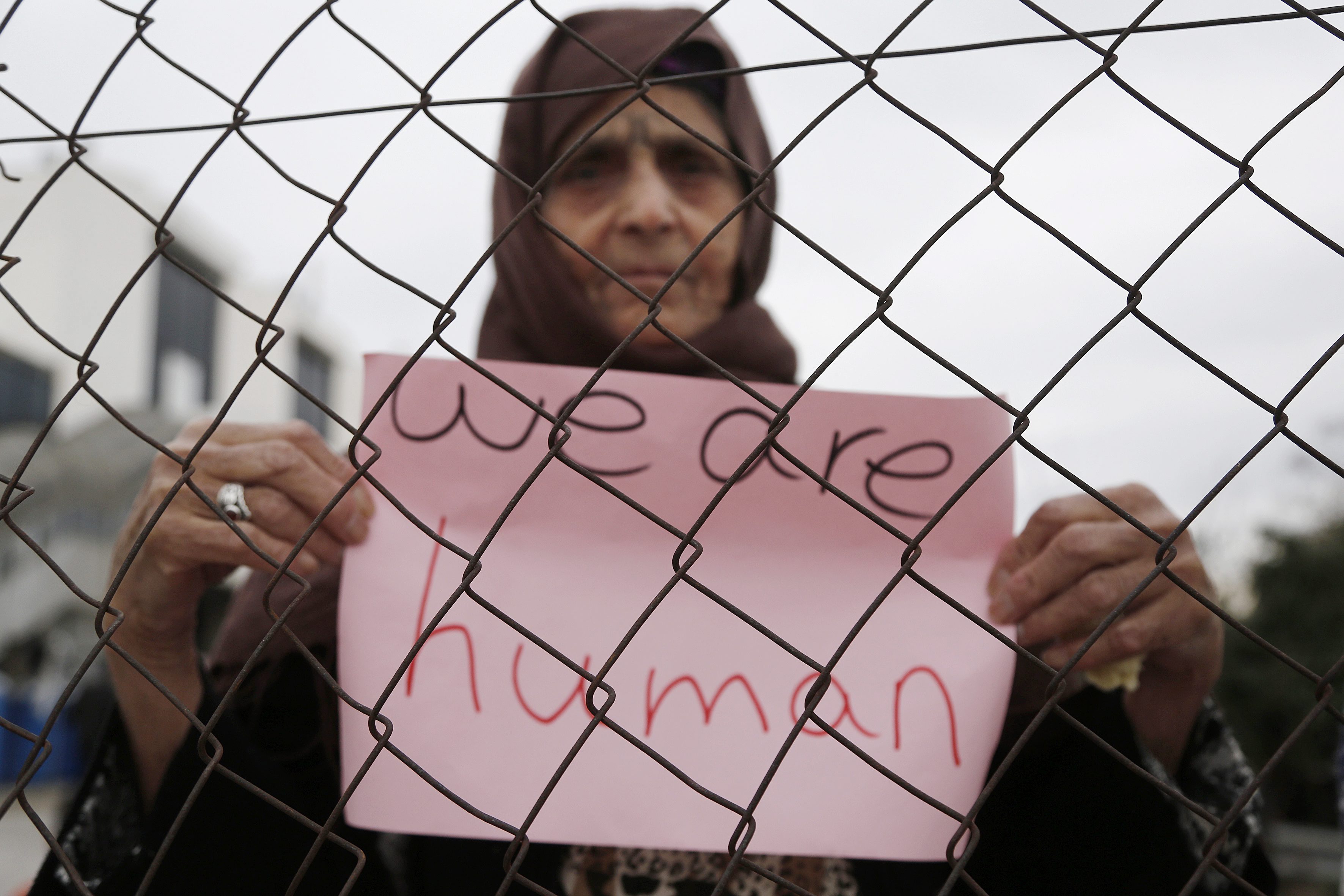Countries struggling with a rising influx of migrants have been increasingly using externalization as a tool to prevent people from seeking asylum before they reach their final destination. This practice is in breach of the 1951 Refugee Convention (Geneva Convention) which regulates the rights of asylum seekers.
What is externalization?
According to the latest “Forced Migration Review,” issued by the University of Oxford Refugee Studies Centre, externalization is one of the strategies countries turn to in order to prevent migrants who are likely to apply for asylum from reaching their territory. It particularly relates to measures that states take beyond their own borders, obstructing those who are fleeing from wars, natural disasters, or political persecution to apply for asylum.
The externalization strategy includes such policies as visa controls, maritime pull, and pushbacks, carrier sanctions, or the training of border officials in third countries so that they obstruct potential asylum seekers wishing to apply for asylum.
Examples of externalization
Canada, a country that has a liberal emigration policy, has used different measures such as border cooperation agreements, improved data sharing, or diplomatic actions that limit the possibility to access protection on Canadian land.
The US is no exception either. Annually, thousands of Latin American migrants are pushed back or retained at Mexican borders. Apart from this, the US has been cooperating with Latin American states to put in place measures that will halt migration to the US.
The European Union’s policy towards migrants coming from Sahara to Libya and then into Europe may serve as another powerful example. As migrants living in detention centers in Libya constantly experienced human rights abuse, they were airlifted to detention centers in Niger. Since 2017, 3,800 refugees have been sent there even though European countries rather than Niger were their destination. However, as many asylum seekers were rejected by the countries where they had intended to seek protection, they finally settled in Niger.
The ongoing migration crisis on the Belarusian-Polish border is the most recent example of externalization. Thousands of migrants from Asia and Africa travelling via Belarus to reach the EU are being pushed back by Polish border authorities thereby obstructing them from applying for asylum.

Human rights abuse
Although many externalization measures seem to be well-intended, seeking to improve the living standards in the migrants’ countries of origin as an attempt to dissuade them from fleeing, they are very often connected with and accompanied by the abuse of human rights.
As the European Union tried to keep asylum seekers from their destination countries by implementing various policies, this led to human rights abuse as was, for instance, the case of people from sub-Saharan Africa, the authors of the Forced Migration Review noted. The EU introduced different initiatives such as the EU Horn of Africa Migration Route Initiative (known as the Khartoum Process) and the Emergency Transit Mechanism as well as various actions taken by the EU border agency, Frontex, that aimed to address human trafficking and smuggling in the Horn of Africa. While all those initiatives reduced the flow of migrants, it also indirectly led to an increase in human rights abuse such as sexual exploitation, predation, and extortion. Frontex has been repeatedly accused of a lack of transparency and human rights violation while addressing the migration issue.
Refugees as bargaining chips
With such policies in place, 85% of the world’s 26 million refugees are sheltering in developing countries. On the one hand, this is a huge burden on the latter as many refugees have for years not been able to return to their countries because of protracted conflicts there. On the other hand, refugees are often used as a pretext for developing countries to obtain funds from developed countries and also secure other advantages in exchange for hosting refugees and preventing them from reaching wealthier countries.
UN’s reaction
The UN Refugee Agency (UNHCR) finds such policies inconsistent with the spirit of international cooperation expressed in the 1951 Refugee Convention. It has warned countries against avoiding their obligations towards people seeking asylum and insisted they must take responsibility for the asylum process and their commitments instead of outsourcing these to third states.
“UNHCR remains firmly opposed to externalization initiatives that forcibly transfer asylum seekers to other countries. Externalization simply shifts asylum responsibilities elsewhere and evades international obligations. Such practices undermine the rights of those seeking safety and protection, demonizes and punishes them, and may put their lives at risk,” said UNHCR’s Assistant High Commissioner for Protection, Gillian Triggs.
“I am dismayed by the argument that it is more cost-effective to send and host asylum seekers in countries of the global south. I find this morally reprehensible – we must not put price tags on human lives. Refugees are not commodities that can be traded by wealthier nations. To do so is dehumanizing, exploitative, and dangerous,” warned Triggs.

